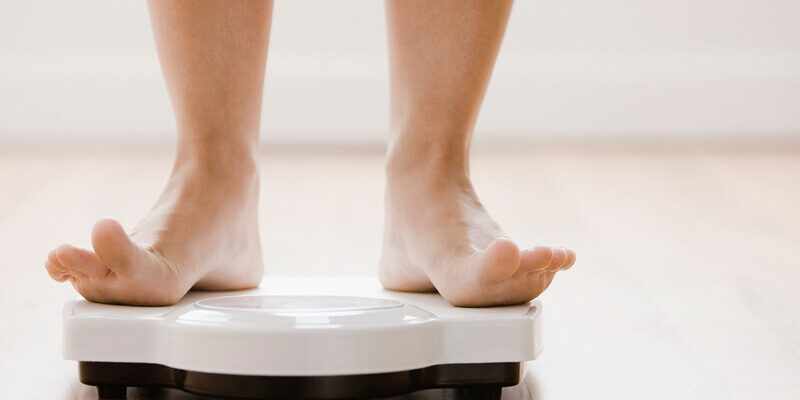By Michelle Murdolo, MS, RD, CDN
I’ll let you in on a little secret – weight is not the most important thing for me when monitoring progress. On the list of importance, weight is about last in my opinion. Does this surprise you? What I’m more focused on is your nutrition intake, your movement, some changes you’ve made this week or something new you’ve tried.
So, why is it that weight is not that important to me? Well, that’s because weight is not a behavior. Let’s repeat that one more time for the people in the back: weight is NOT a behavior! How often do you feel like you’ve done “everything right” only to get on the scale and feel like that number says otherwise? This does not mean anything is wrong with you or you’ve done anything wrong. This is normal! This feeling is a product of the society we live in. This feeling is the result of diet culture.
We’ve been hearing for a while about research on BMI not being the best indicator of health. BMI only looks at two factors – height and weight – and has for a long time been criticized for not taking into account other factors like muscle mass. Newer research has been screaming at us that weight may also not be the best indicator of health – or at the very least it is not the only one, and definitely not the most important one.
So, if weight is not a good indicator of health, or a controllable behavior, what should we focus on? The research tells us that our best indicators of health are our modifiable behaviors: our eating patterns, movement, alcohol and tobacco use, and newly added are sleep and stress management. Focus on a diet that is rich in whole grains, fruits and vegetables, lean protein sources, healthy fats (think olive oil, avocados, nuts/seeds) and adequate hydration (at least 64oz per day). When it comes to movement, aim for 150 minutes of moderate, enjoyable activity per week. Alcohol intake should be moderate, if at all, and tobacco should be avoided.
The research has shown us over and over that a fixation on weight can lead to disordered eating and eating disorders. So, take the power away from the scale and give it back to yourself. Focus on what you can control, not what you can’t.
Michelle Murdolo, MS, RD, CDN is a registered dietitian nutritionist working to guide patients through their bariatric surgery and weight management journey. She is experienced in working with eating disorders and disordered eating and emphasizes body positivity and health at every size.

